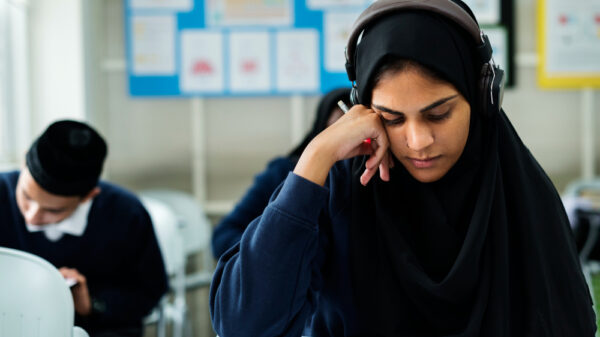Language is a dynamic entity that reflects the rich tapestry of cultural nuances and social interactions. One such example is the term “Onii chan meaning” which holds a special place in Japanese language and culture. In this article, we will delve into the meaning, significance, and proper usage of “Onii chan” in its cultural context.
Understanding “Onii chan”
Meaning and Translation:
“Onii-chan” (お兄ちゃん) is a Japanese term that translates to “older brother” in English. It’s a term of endearment and familiarity used by younger individuals to address their older brothers. The term encapsulates not only a familial relationship but also a sense of affection and respect.
Usage and Nuances:
The use of “Onii chan” goes beyond its literal translation. It embodies the values of Japanese society, where respect for elders and hierarchy within relationships is highly regarded. Addressing an older sibling with “Onii-chan” showcases a mix of warmth and respect, maintaining the balance between familiarity and proper decorum.
Cultural Significance
Sibling Bonds:
In Japan, family bonds hold immense importance, and the relationship between siblings is no exception. Addressing an older brother as “Onii-chan” emphasizes the close bond shared between siblings. It portrays a sense of reliance, support, and camaraderie.
Gender Dynamics:
The use of honorifics and specific terms to address family members, like “Onii chan,” is deeply ingrained in Japanese culture. These linguistic nuances also reflect gender roles and societal expectations. The term “Onii-chan” reinforces the idea of nurturing and protective behavior associated with older brothers.
Politeness and Familiarity:
Japanese society places great emphasis on maintaining politeness and respect in interactions. Addressing someone with the appropriate honorific, like “-chan” for a younger person, showcases familiarity and intimacy while still adhering to social conventions.
Pop Culture Influence:
The term “Onii-chan” is not limited to real-life interactions. It has made its way into various forms of media, such as anime, manga, and dramas. Characters addressing their older siblings as “Onii-chan” add depth to their relationships and contribute to the overall cultural portrayal of sibling bonds.
Proper Usage
Context Matters:
The use of “Onii-chan” is appropriate within a family setting or among close friends. It’s important to recognize the depth of the relationship before using this term. Addressing someone with “Onii-chan” without the appropriate relationship might be considered awkward or inappropriate.
Age Hierarchy:
Respect for age and hierarchy is crucial. “Onii-chan” is reserved for addressing older brothers. Younger siblings or individuals of the same age might use other terms, like “otouto” (弟) for younger brother or “aniki” (兄貴) for an informal yet respectful term for older brother.
Conclusion
Language is a mirror reflecting the values, relationships, and customs of a culture. The term “Onii-chan” exemplifies how language can encapsulate familial bonds, societal hierarchies, and a deep sense of respect. By understanding the meaning and cultural significance of “Onii-chan,” we gain insights into the intricate web of interpersonal relationships in Japanese society.











